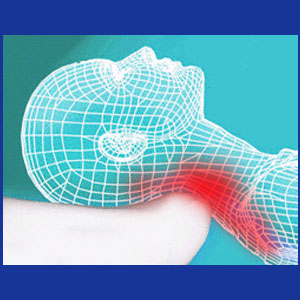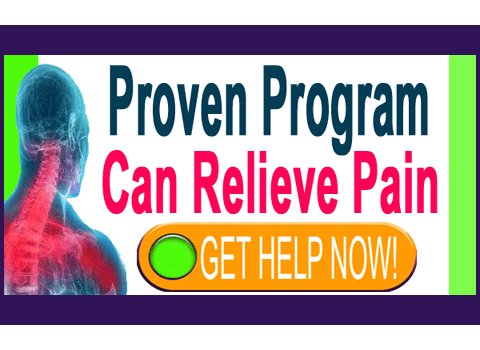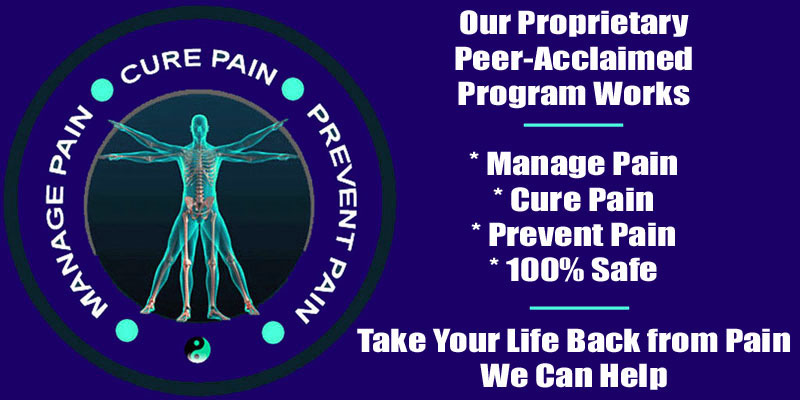
Are you suffering from a sore neck? Is it due to some recent occurrence or did the pain just begin without provocation? How long has the pain existed already to bring you here in search of relief?
Neck soreness is very commonplace and can occur for many different reasons. Soreness originating in the neck can also affect the upper back, as well as the head and the arms, making matters worse from both diagnostic and symptomatic points of view.
If you need help with a painful neck, then you are in the right place. This post will detail some of the most common causes of soreness, as well as provide some first line treatment suggestions to provide relief right now.
Sore Neck Defined
Soreness is a word that most people will use for minor pain and discomfort. It does not describe acute and severe symptoms in the neck, but instead refers to dull, achy symptoms. Soreness can exist in any part of the neck anatomy, including the front of the neck, side of the neck, rear neck, radiating downwards in between the shoulder blades or radiating up into the head, as well as radiating down one or both arms.
Soreness might be the only symptom present or may be accompanied by tingling, numbness, burning or weakness in the affected areas, as well. In rare cases, symptoms might also exist outside the neck region and might include minor or serious expressions that may help in diagnostic processing efforts.
Neck Soreness Causes
A sore neck can occur for almost countless reasons. Some of the more frequently reported sources of soreness in the neck include all of the following situations:
Injury to the muscles or bones of the neck can cause soreness. Not all neck injuries are severe or able to be positively identified via exam or even imaging study. Minor injuries might leave little evidence, but can still cause pain and other symptoms regionally.
Certain degenerative conditions in the neck can cause acute, recurring or even chronic soreness in the cervical spine. This is true of both disc and bone issues which are both often found in the mid to lower neck levels.
Infection and disease can cause neck soreness. Conditions like the flu and meningitis are often associated with neck pain, while some types of cancer can also create similar soreness in the region.
Simple overuse can lead to soreness in the neck for a few days. Overuse is actually a form of minor injury and if it occurs often, can sometimes lead to RSI conditions in the area.
Sore Neck Initial Treatment
There is no substitute for proper diagnostic and treatment care from a qualified professional. However, most people will not go to the doctor every time they have a little bit of pain, especially if it is manageable and may be related to a known trigger event or circumstance. In these cases, here are some tips for reducing neck pain at home with conservative care:
Most people will immediately reach for oral route pain medication. While this approach is convenient, it is also bad for you and has many health risks. It is always best to avoid drugs whenever possible, but a conservative application of OTC pain meds is acceptable if this is your preferred approach.
Topical pain medications have less risk than oral route drugs. They can also be very effective for neck pain, since the symptoms are typically not very deep and accessible via transdermal therapy.
Although it might seem counterintuitive, some light stretching and exercise might be just the thing for soreness brought on by stiffness or previous over-activity. Gentle movement is almost always better than lying in bed for days without moving, for virtually every diagnosis.
Ice and heat are great for a sore neck. There are no risks associated with their use.
Massage can also be a great addition to home care. It does not have to be an expert massage to be effective. In fact, even self-massage can work wonders.
If you have recurring pain, you might invest in a TENS unit if you have found electrotherapy to be safe and effective for you.
If you develop chronic or often recurring pain that defies accurate diagnosis or successful treatment, we recommend learning more about knowledge therapy. This form of alternative medicine is a great way to end persistent pain problems anywhere in the body. It is 100% safe, effective and can actually cure pain that resists all traditional treatments.





